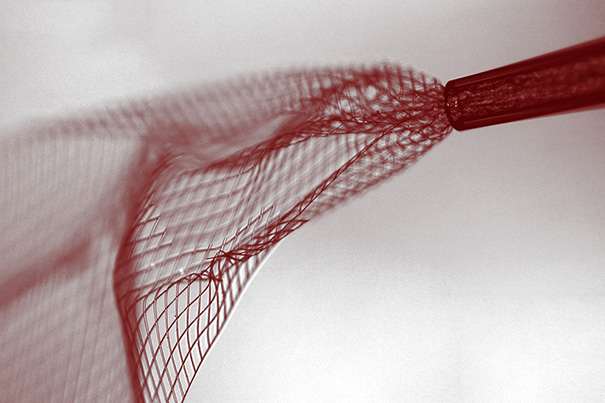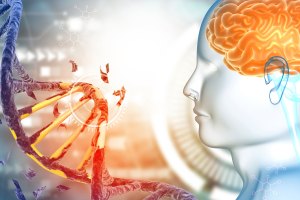Science & Tech
-

Rethinking — and reframing — superintelligence
Microsoft researcher says separating AI from people makes systems dangerous and unproductive
-
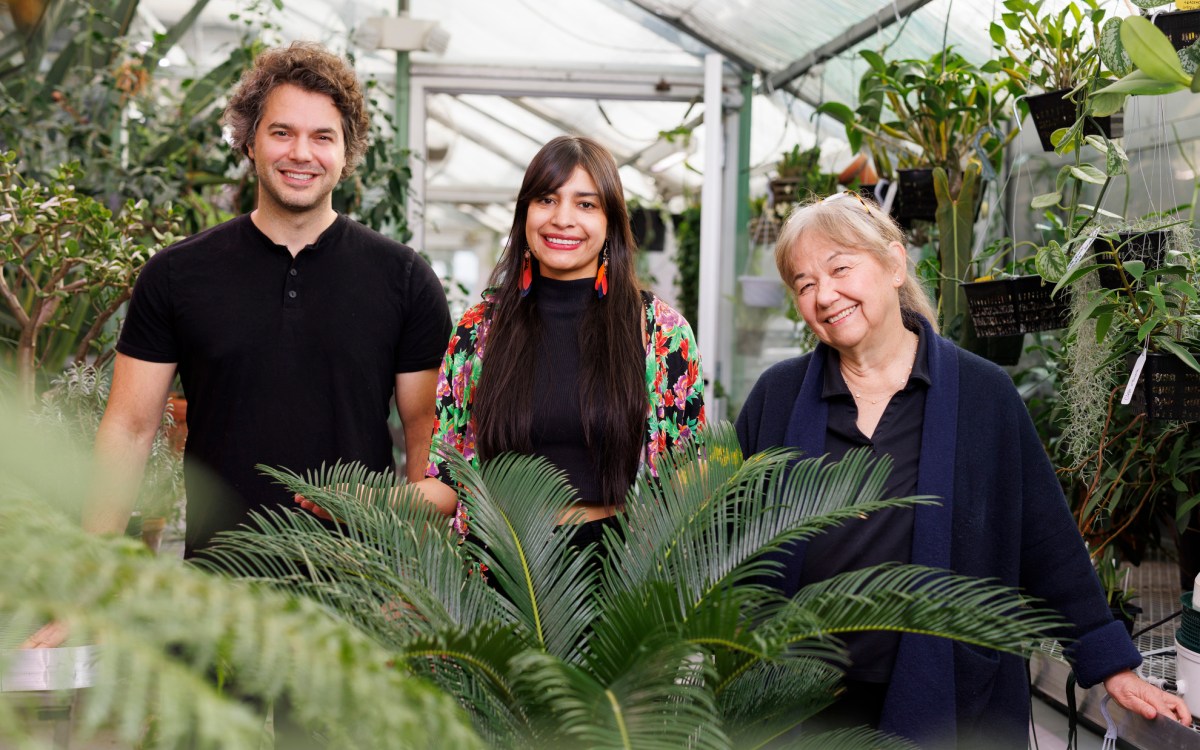
First, male gets heated up, then female, and then, you know
Study shows infrared radiation from plants serves as invitation to pollinating insects
-

‘Consciousness’
What we know and don’t know about the life of your mind
-
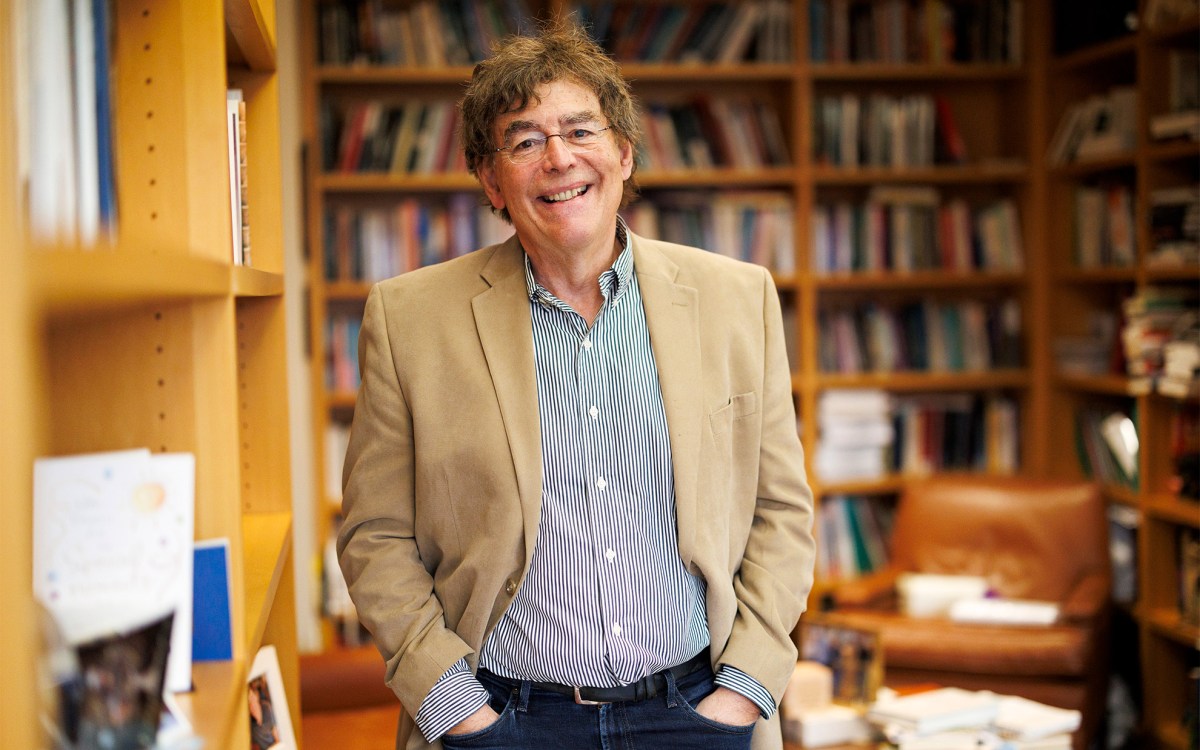
Science needs contrarians, and contrarians need support
Institute of Quantitative Social Science initiative tailored to researchers exploring provocative ideas
-

Cracking the code of why, when some choose to ‘self-handicap’
New research also offers hints for devising ways to stop students from creating obstacles to success

-
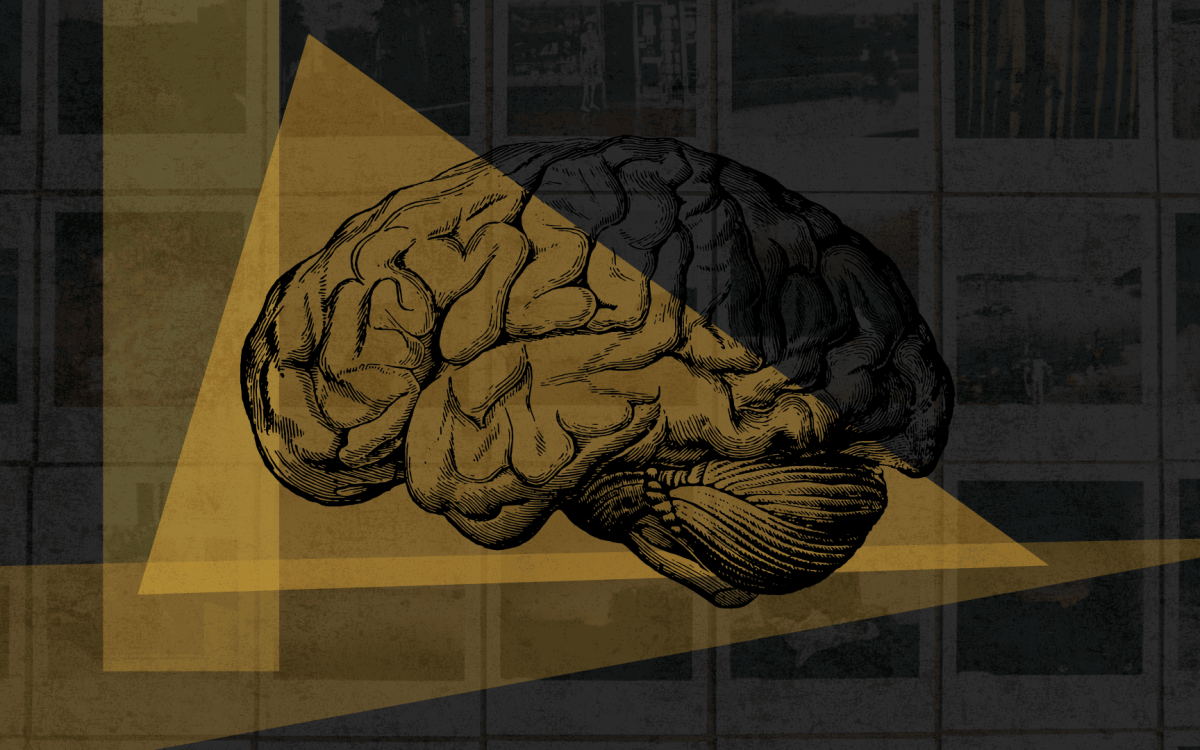
How memory works (and doesn’t)
In podcast, scientists explain why remembering is more reconstruction than replay
-
To sample climate concerns, look at nature
A panel of climate change experts at Harvard said that nature is telling us where we need to make changes to lessen future climate change impact: the places flooded or otherwise damaged in past storms.
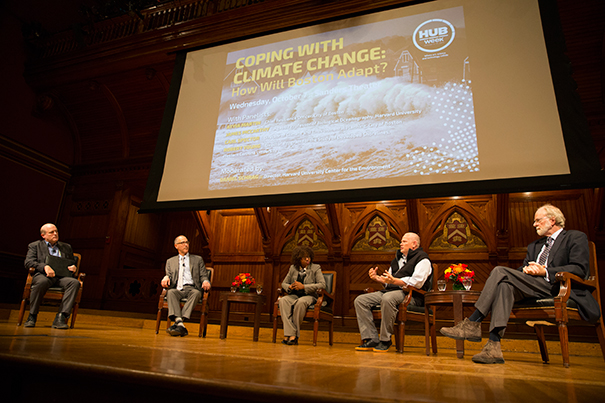
-
Countering the cyberintruders
Harvard officials recommend steps to keep computer networks safe from cyberattacks.
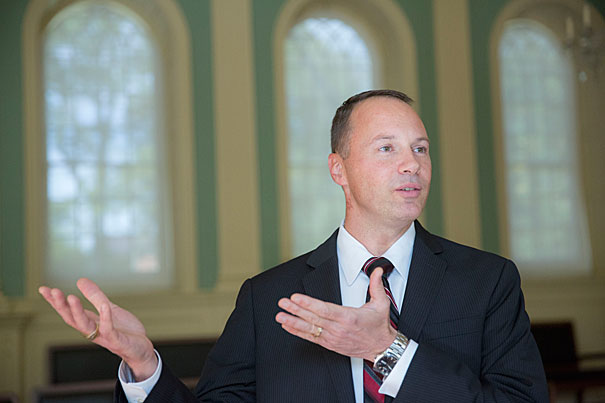
-
How the brain builds new thoughts
A new study suggests that two adjacent brain regions allow humans to use a sort of conceptual algebra to construct thoughts.
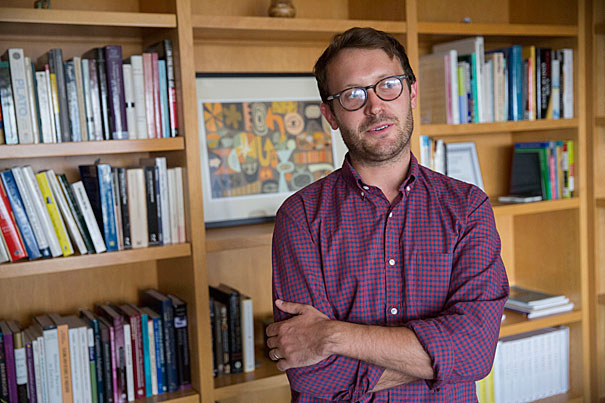
-
Paying for health care with time
In 2010, people in the United States spent 1.1 billion hours seeking health care for themselves or for loved ones. That time was worth $52 billion. Disadvantaged socioeconomic, racial, and ethnic groups bore a disproportionate amount of the time burden.
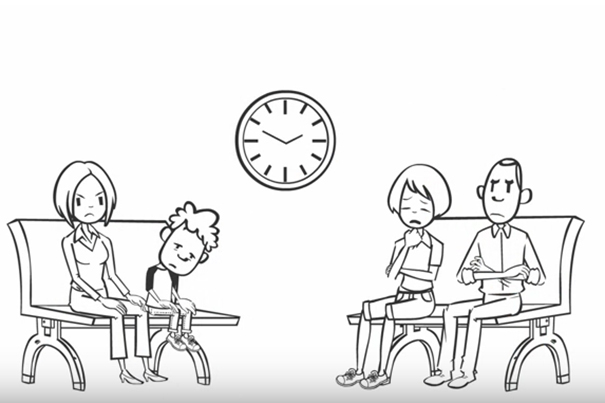
-
Students bring fresh perspective to environmental issues
Each year the Harvard University Center for the Environment awards funding to students who have an interest in environmental and energy research. The students’ backgrounds vary as widely as their topics.
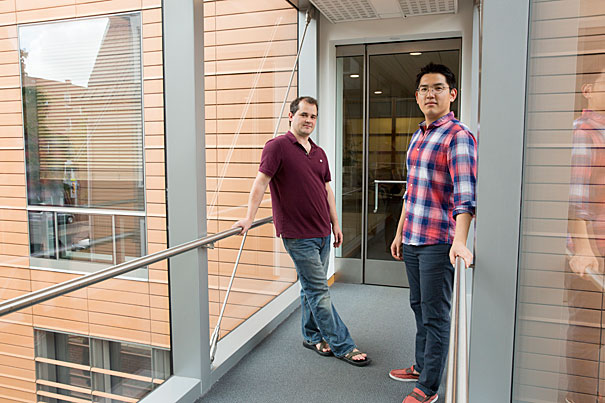
-
A watery Mars, a changed outlook
One of the lessons from this week’s announcement of liquid water on Mars is that the Red Planet is a much more diverse place than previously thought, one that holds a multitude of niche environments that might be more hospitable to life than average planetary conditions might indicate, said Professor Robin Wordsworth.

-
Political climate, changed
Chinese President Xi Jinping announced plans to institute a cap-and-trade program in the Asian giant by 2017. Harvard China Project leader Michael McElroy discussed the announcement and its potential effects on both climate legislation in the United States and on future climate talks in Paris.
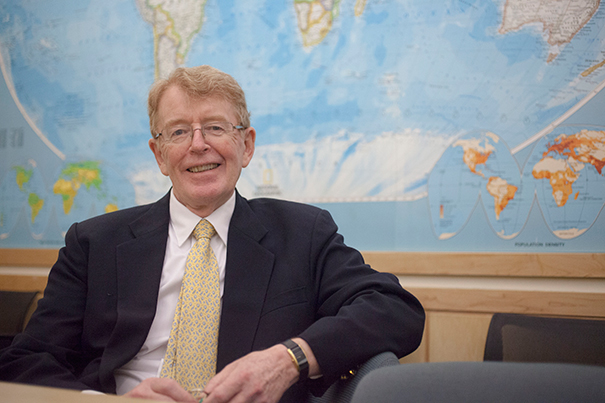
-
Green storage for green energy grows cleaner
Harvard scientists and engineers have demonstrated an improved flow battery that can store electricity from intermittent energy sources. The battery contains nontoxic compounds, inexpensive materials, and can be cost-effective for both residential and commercial use.
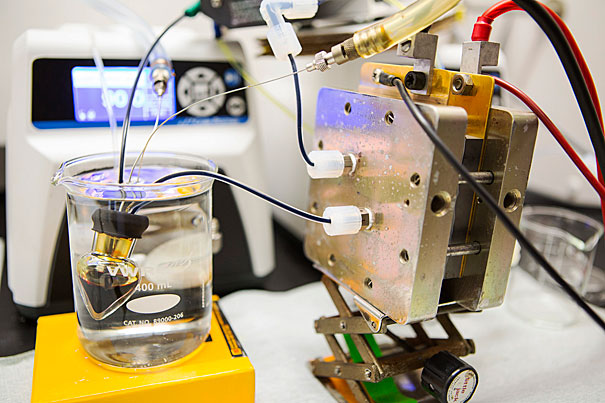
-
Greening the electric grid with gas turbines
A new Harvard study pokes holes in the belief that huge quantities of storage will be needed before clean, renewable sources can make a significant dent in greenhouse-gas emissions from electricity generation.
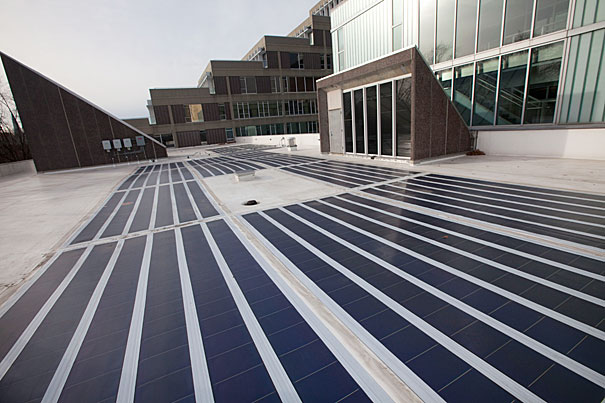
-
Ups and downs of sea level
Professor Jerry Mitrovica shed light on the dynamics of sea level rise in a talk at the Geological Lecture Hall.
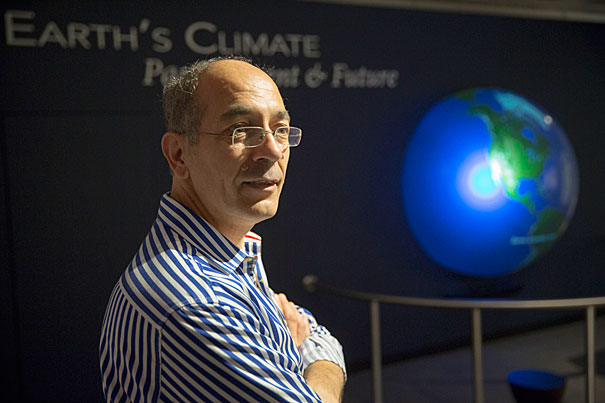
-
Climate test for forests
New research on northeastern forests is examining how the earlier arrival of warm weather might clash with genetic programming tuned to lengthening days and the duration and depth of winter cold.
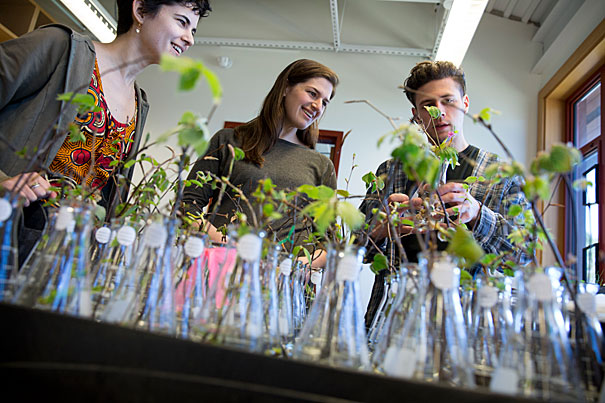
-
Paris as a living thing
During a summer program, Harvard students and their French counterparts drew on biology to sketch solutions to everyday problems in Paris.
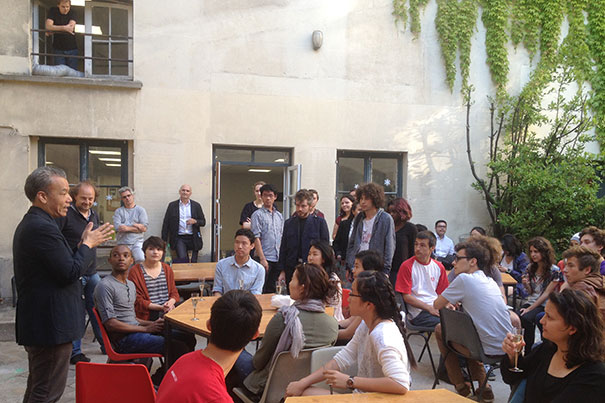
-
Poison in Arctic and human cost of ‘clean’ energy
The amount of methylmercury, a potent neurotoxin, is especially high in Arctic marine life but until recently, scientists haven’t been able to explain why. Now, research from the Harvard suggests that high levels of methylmercury in Arctic life are a byproduct of global warming and the melting of sea-ice in Arctic and sub-Arctic regions.
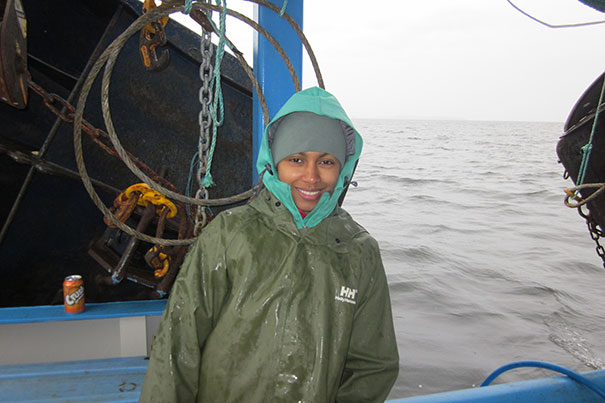
-
A fuller picture of cancer
A research team led by Martin Nowak has developed a model that captures both the shape and speed of tumor growth.
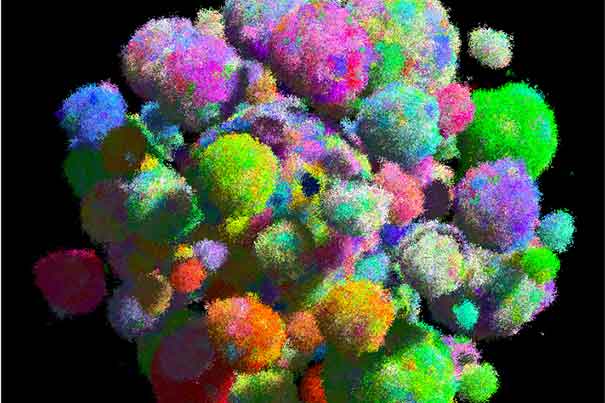
-
Interstellar seeds could create oases of life
Within the next generation, it should become possible to detect signs of life on planets orbiting distant stars, say researchers at the Harvard-Smithsonian Center for Astrophysics
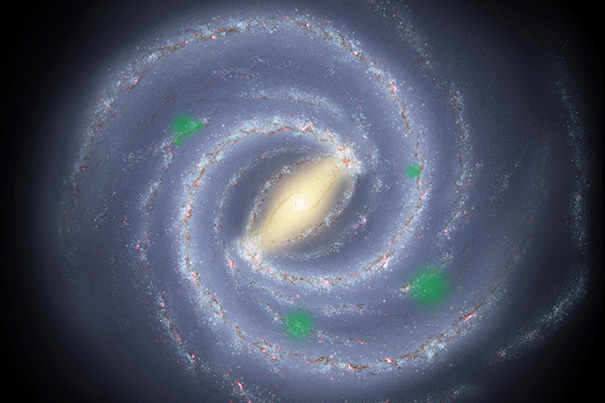
-
Information, writ widely
The Dataverse 4 catalog expands access to research, across many Web platforms, even globally.
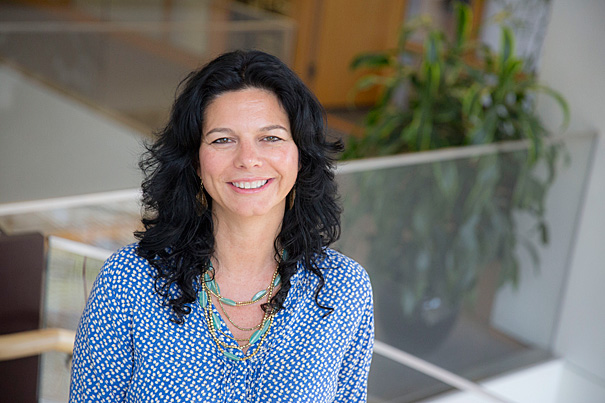
-
Wyss improves sepsis device
Scientists at the Wyss Institute have improved a device developed last year to treat sepsis that works by mimicking the human spleen. The new device is better positioned for near-term use in clinics.
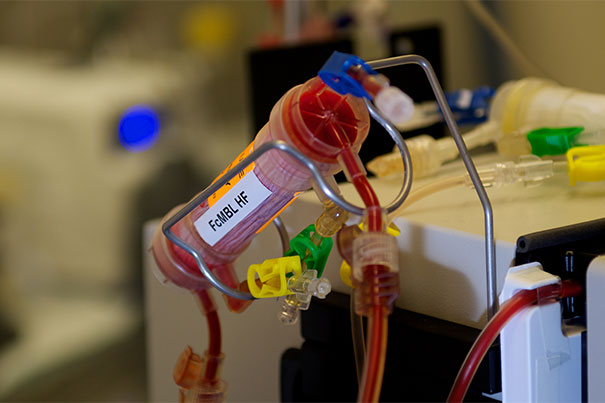
-
It was California or bust
A group of Harvard and MIT students has pedaled its way to the Pacific Ocean from Washington, D.C., with stops along the way to lead science “learning festivals” to promote STEM learning among children.
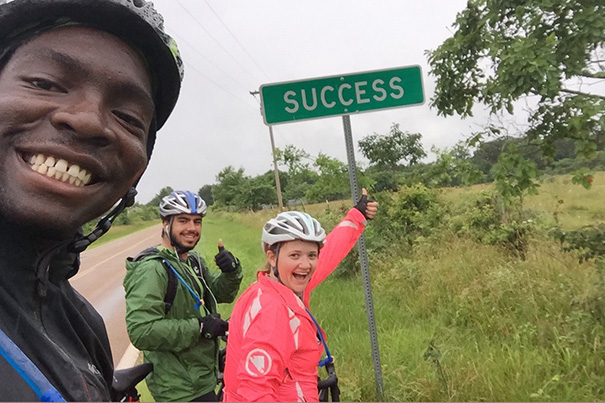
-
Robotic insect mimics nature’s extreme moves
A team of researchers from Harvard and Seoul National University has unveiled a novel robotic insect that can jump off the surface of water. In doing so, they have revealed new insights into the natural mechanics that allow water striders to jump from rigid ground or fluid water with the same amount of power and height.
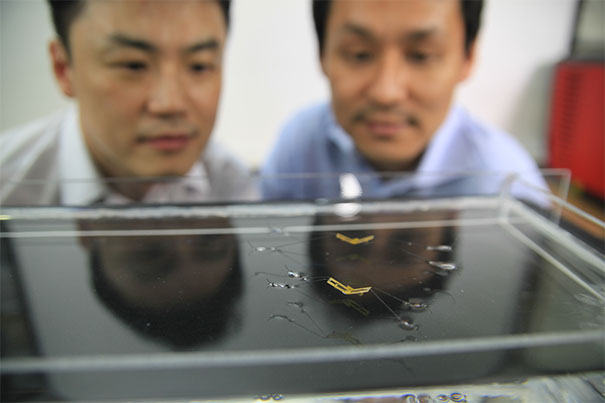
-
A shift in motherhood
New findings draw from evolution to explain why human mothers seek help with raising their children.
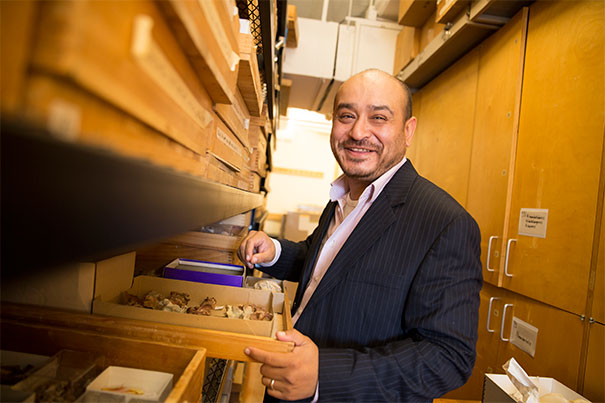
-
Go ahead, be sarcastic
Despite sarcasm’s nasty reputation, new research finds that it can boost creativity and problem-solving in the workplace.
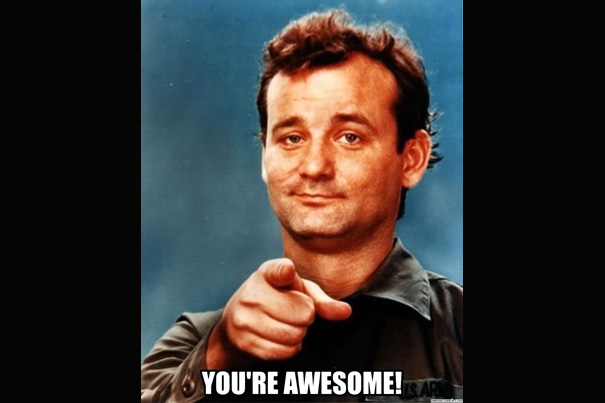
-
Pesticide found in 70 percent of Massachusetts’ honey samples
In a new study, Harvard researchers looked at pollen and honey samples collected from the same set of hives across Massachusetts. Findings show they contain at least one pesticide implicated in Colony Collapse Disorder.
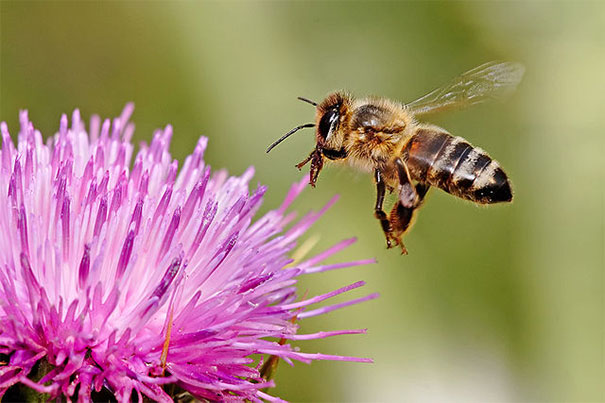
-
Quality and quantity of key crops changing
Changing environmental conditions around the globe caused by human activity could negatively impact the health of millions of people by altering the amount and quality of key crops, according to two new studies from the Harvard T.H. Chan School of Public Health.

-
More eyes on climate change
Season Spotter is a citizen-science project that aims to recruit Internet users to assist researchers analyzing images of natural scenes.

-
Tiny wires, great potential
Harvard scientists have developed a method for creating a class of nanowires that could one day see applications in everything from consumer electronics to solar panels.
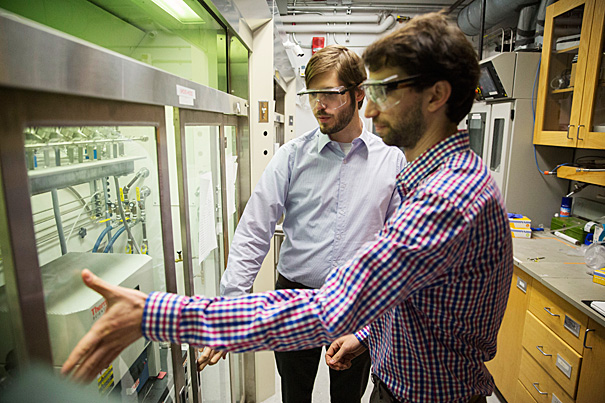
-
Pluto in detail
Scott Kenyon offers an astrophysicist’s view of the New Horizons mission to Pluto.
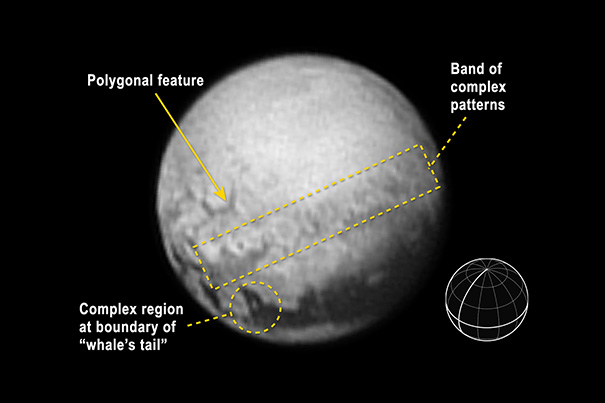
-
And now, the hopping robot
Harvard-designed robot transitions from soft to hard, reducing the stress where the rigid electronic components join the body.
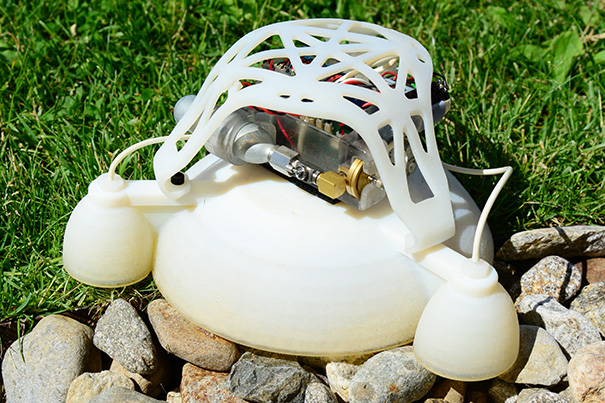
-
Electrifying invention can save young lives
Treatment with inhaled nitric oxide (NO) has proved to be lifesaving in newborns, children, and adults with several dangerous conditions. But the availability of the treatment has been limited by the size, weight, and complexity of equipment needed to administer the gas, and the therapy’s high price — until now.
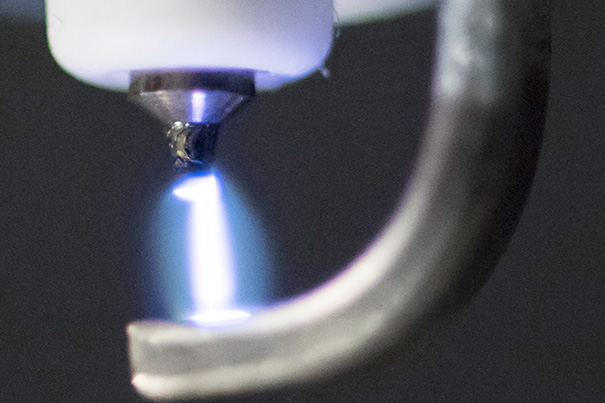
-
Unveiling the ancient climate of Mars
The high seas of Mars may never have existed. According to a new study that looks at two opposite climate scenarios of early Mars, a cold and icy planet billions of years ago better explains water drainage and erosion features seen today.
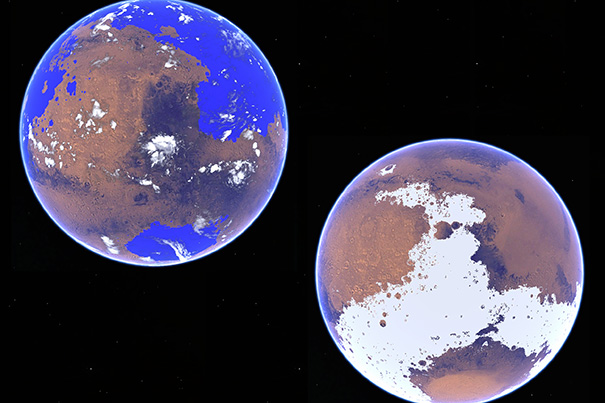
-
Injectable device delivers nano-view of the brain
An international team of researchers has developed a method of fabricating nanoscale electronic scaffolds that can be injected via syringe. The scaffolds can then be connected to devices and used to monitor neural activity, stimulate tissues, or even promote regeneration of neurons.
